On April 22nd, as we celebrate International Mother Earth Day, there's no better time to reflect on our impact as travellers on the delicate ecosystems and wildlife that call our planet home.
That is why, this week we are delving into responsible wildlife tourism around the globe and the profound opportunity it offers to connect with nature while fostering conservation efforts and supporting local communities.
Join us as we explore destinations around the globe that prioritize ethical encounters with wildlife, ensuring that our travel experiences leave a positive footprint on the world.
COSTA RICA
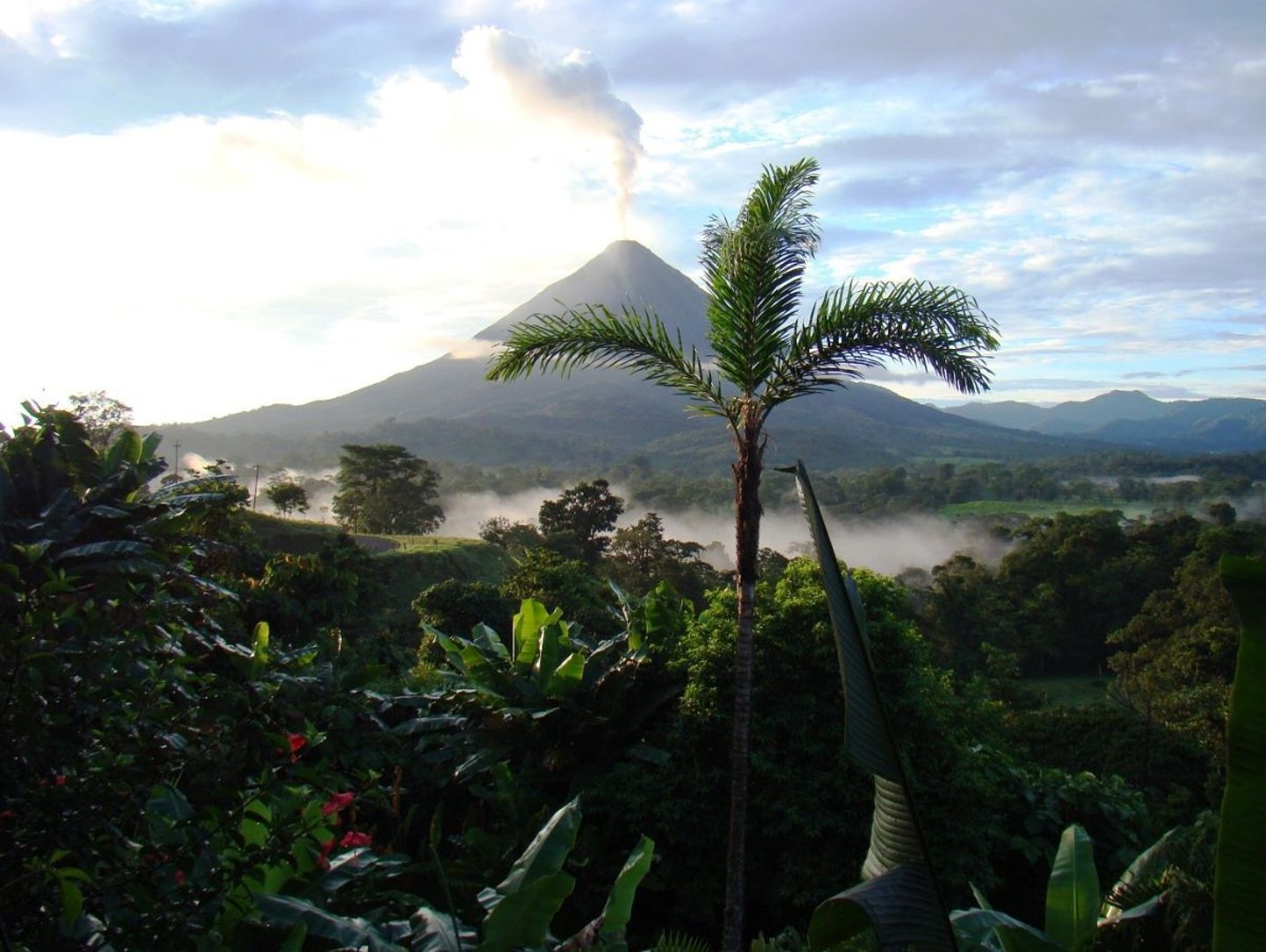
Pioneering Conservation Efforts
Nestled in Central America, Costa Rica stands as a beacon of sustainability and biodiversity. Here, responsible wildlife tourism isn't just a trend; it's a way of life.
Facing threats such as deforestation, poaching and climate change Costa Rica has established numerous national parks and protected areas. These areas make up over 25% of the country’s land and provide a haven for wildlife. Along with the national parks and protected areas, the country also has many successful conservation projects and initiatives including the Jaguar Conservation program, the Sea Turtle Conservation Program and the Forest Conservation Program operated by the GVI (Global Vision International).
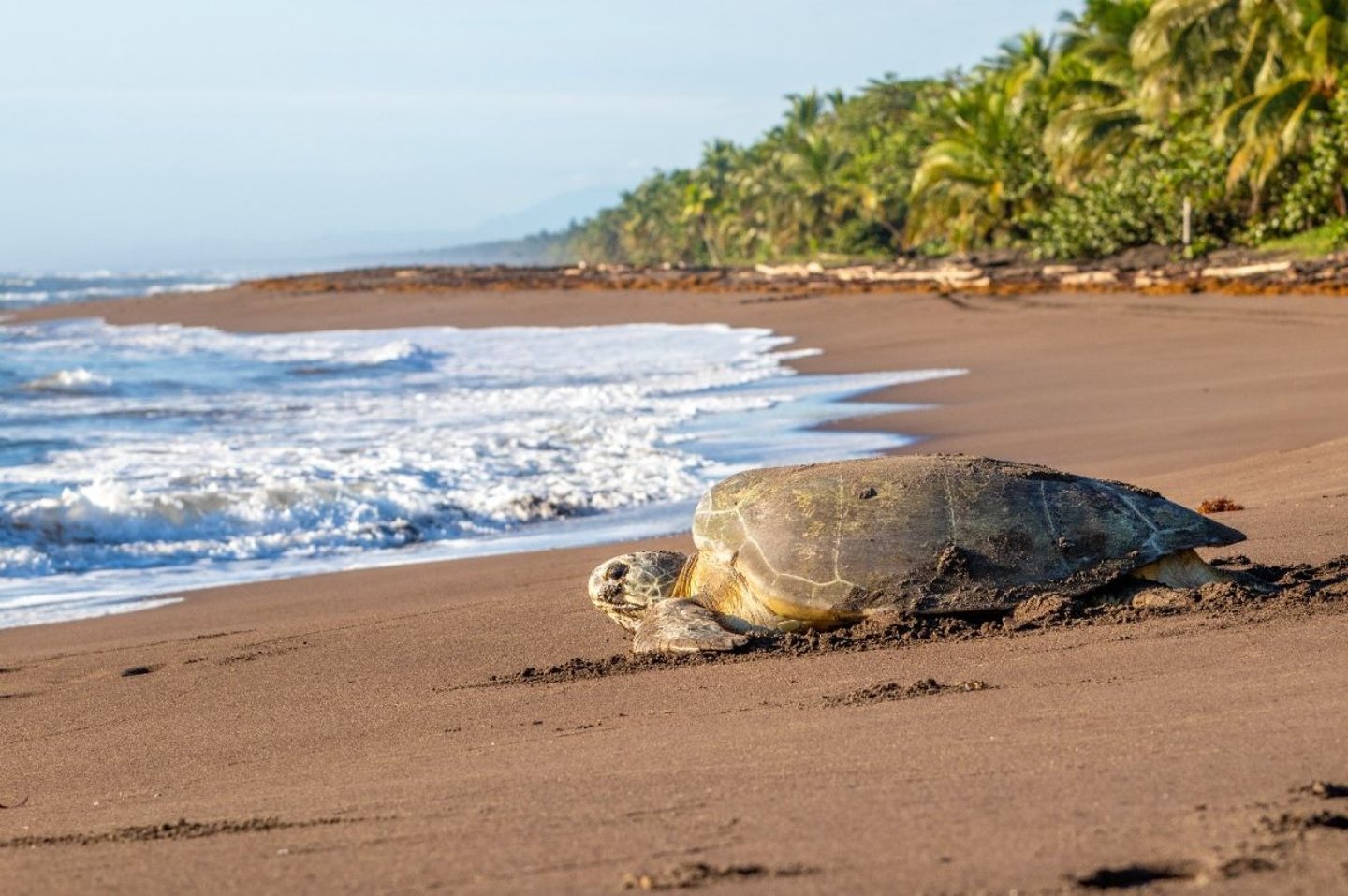
Travelers can venture into lush rainforests to witness the mesmerizing dance of colourful toucans and elusive sloths. National parks like Manuel Antonio and Corcovado provide sanctuary for endangered species like jaguars and sea turtles, offering guided tours led by knowledgeable local guides who emphasize the importance of conservation. Travellers can get involved in conservation by donating or joining conservation efforts and working alongside experts to monitor and protect endangered species.
Remember to travel responsibly and when viewing wildlife, always follow the guidelines of local authorities, stay a safe distance from the animals – never attempting to touch or interact with them, never feed wildlife, and choose tour operators that prioritise responsible wildlife-watching practices.
BOTSWANA
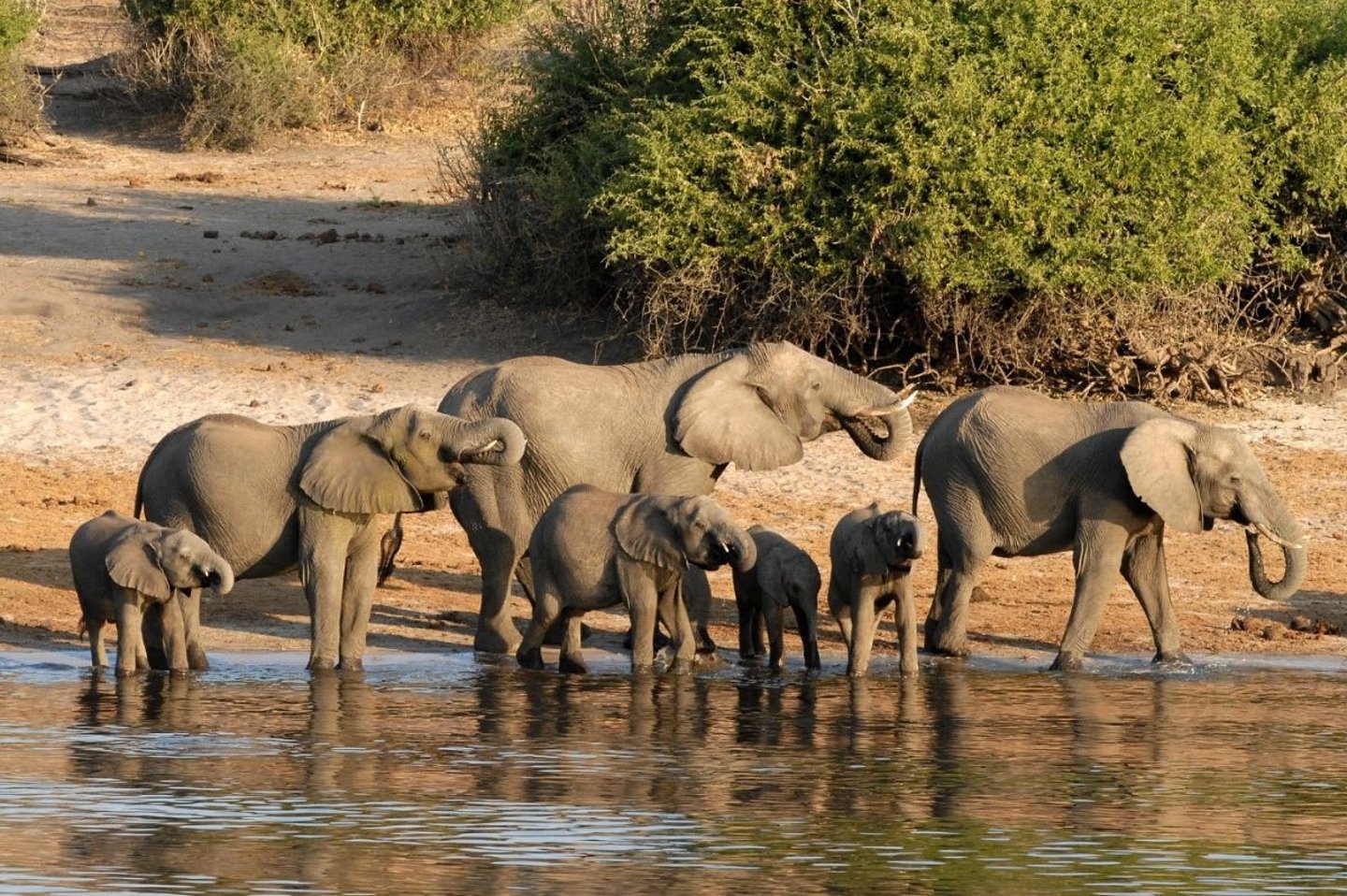
Safaris with Purpose
In the heart of Africa, Botswana beckons adventurers with its untamed wilderness and extraordinary wildlife encounters. Unlike mass tourism destinations, Botswana's safari lodges and camps prioritize low-impact tourism, ensuring that wildlife habitats remain intact.
This low-impact priority is backed by the code of conduct for operators in Botswana and is enforced by the government with regular checks by officials to ensure that companies are focused on the environmental protection policy.
Aside from the code of conduct mentioned above most lodges and camps have their own environmentally friendly methods they abide by like using less wood, using natural materials in the construction process, and holding regular training sessions with staff.
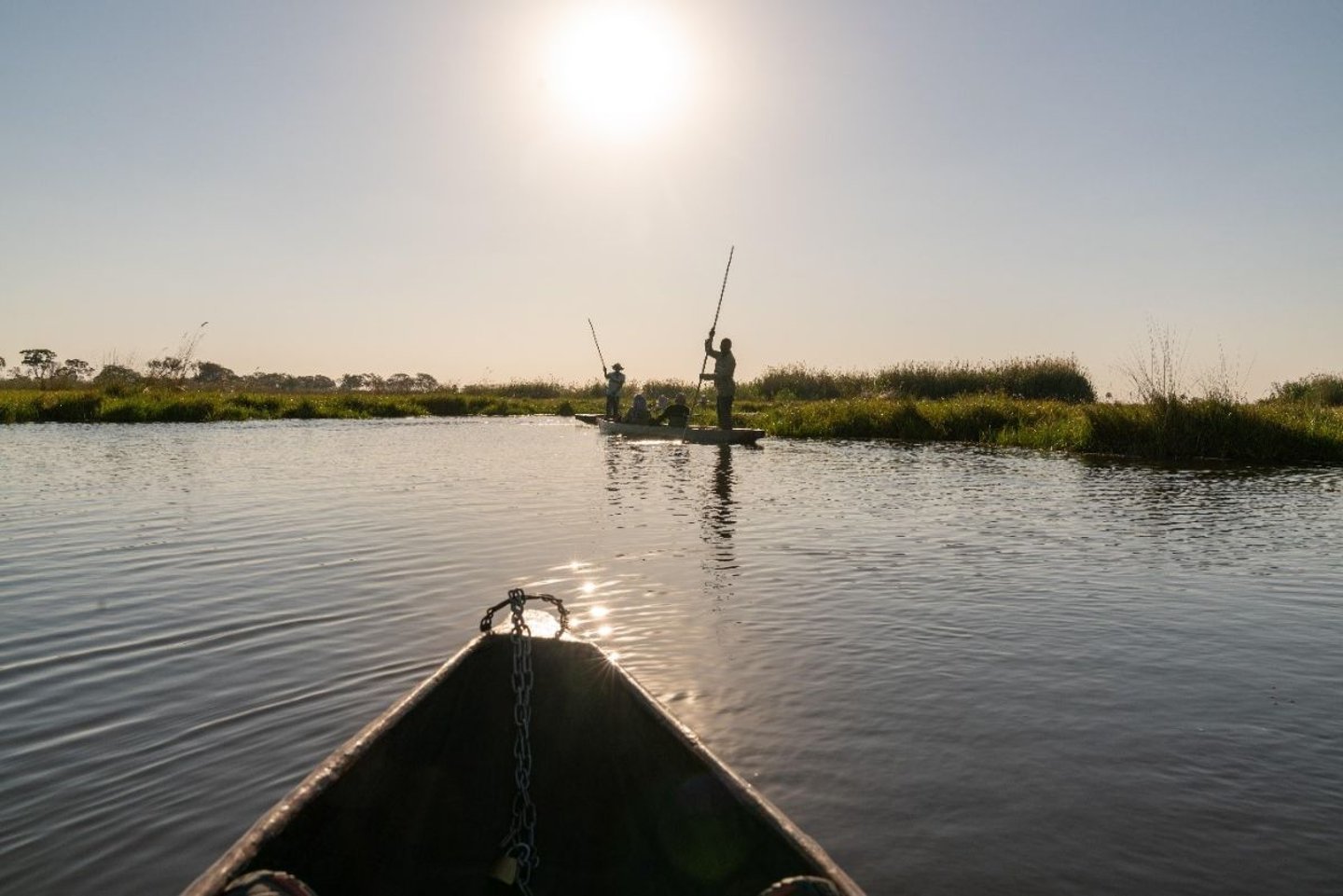
In Botswana, travellers can embark on game drives through the Okavango Delta, marvelling at the sight of elephants bathing in pristine waterways and lions stalking their prey on the savannah. Conservation initiatives, such as rhino relocation programs and anti-poaching efforts, underscore Botswana's commitment to protecting its natural heritage.
To secure the future of conservation in Botswana, safari companies are now implementing various children’s programs to teach children the value of conservation. Teaching the next generation to care for the environment and the animals we share it with.
GALÁPAGOS ISLANDS
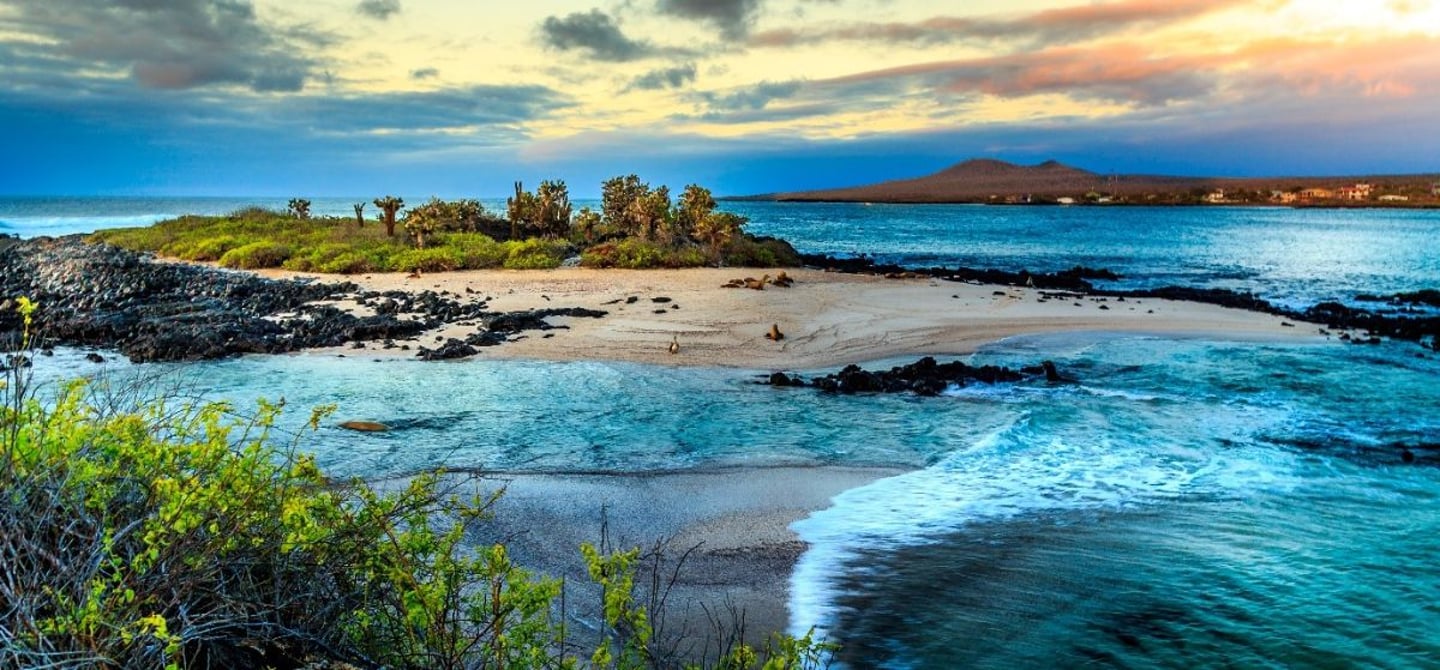
A Living Laboratory of Evolution
Off the coast of Ecuador, the Galápagos Islands offer a living testament to the wonders of evolution and ecological resilience. Visitors to this UNESCO World Heritage Site can snorkel alongside playful sea lions, observe giant tortoises lumbering across volcanic landscapes, and marvel at the vibrant diversity of marine life in crystal-clear waters.
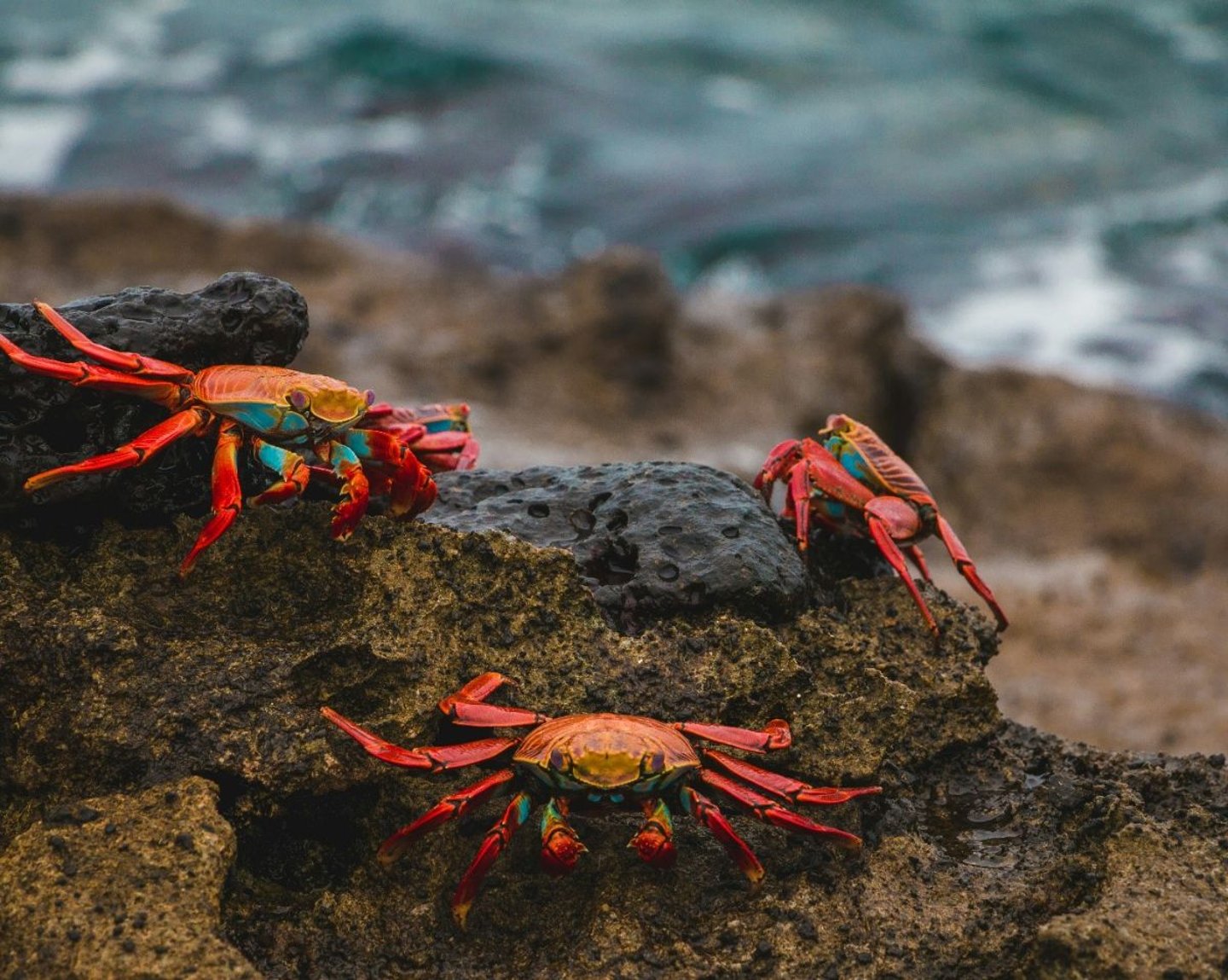
When visiting the Galápagos, travellers become a temporary part of the whole ecosystem, which is why it is important to play your part in conservation. Strict regulations ensure that tourism in the Galápagos remains sustainable and it’s important for travellers to abide by them.
If you marvelled at the diverse species and landscapes of the archipelago and want to contribute to the conservation efforts, you can donate to conservation organizations such as the Charles Darwin Foundation, the Galapagos Island Trust, the Galapagos Conservancy.
THAILAND
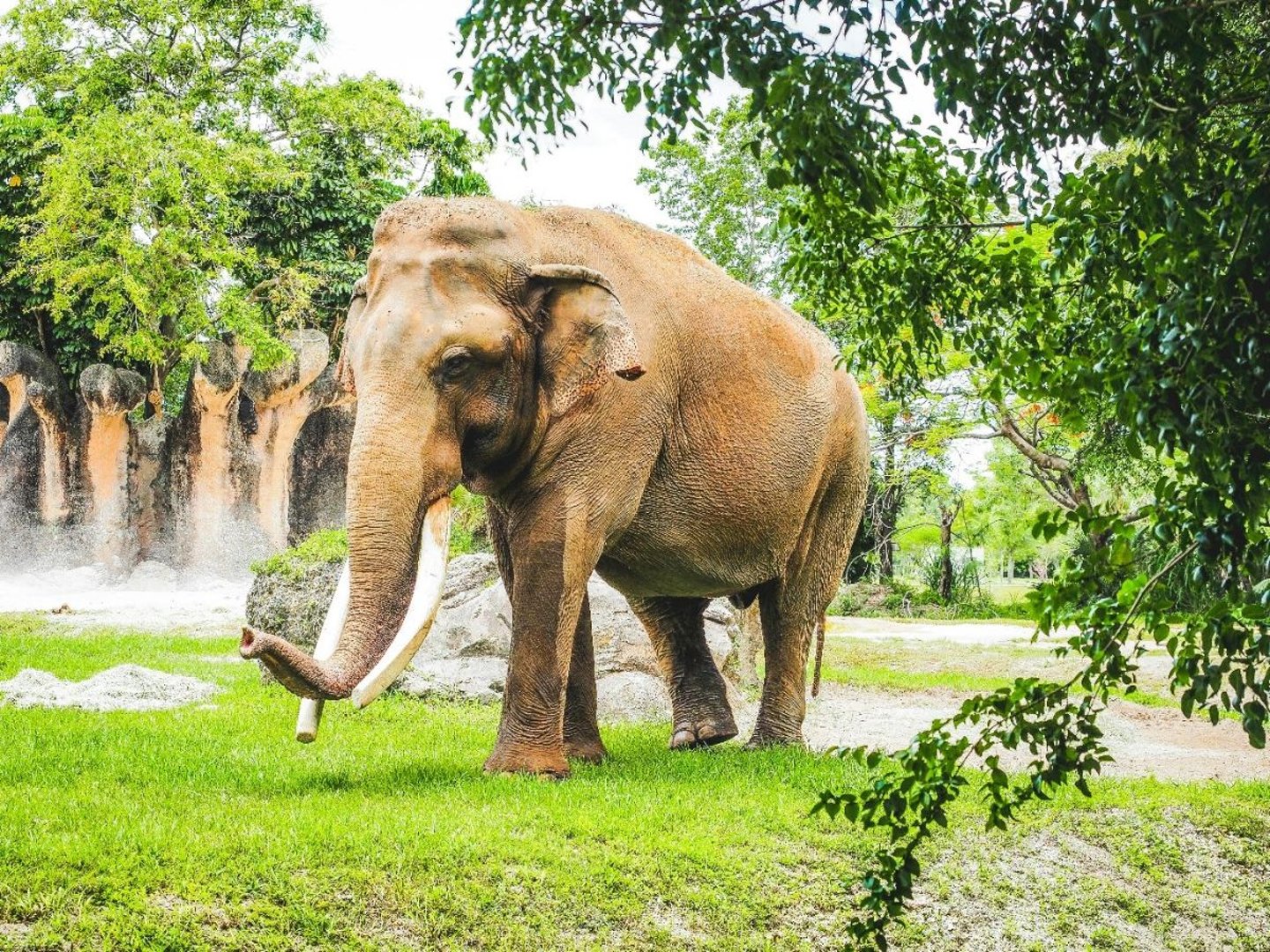
Ethical Elephant Encounters
For centuries, elephants have held a revered place in Thai culture, but their exploitation in tourism has raised ethical concerns in recent years. Thankfully, a growing number of sanctuaries and rescue centres are leading the charge in ethical elephant tourism, offering travellers the opportunity to observe these majestic creatures in their natural habitat without exploitation.
Organizations like Elephant Nature Park in Chiang Mai provide a sanctuary for rescued elephants, allowing visitors to participate in responsible interactions, such as feeding and bathing, while learning about the challenges facing Thailand's elephant population.
ANTARCTICA
Preserving Pristine Wilderness
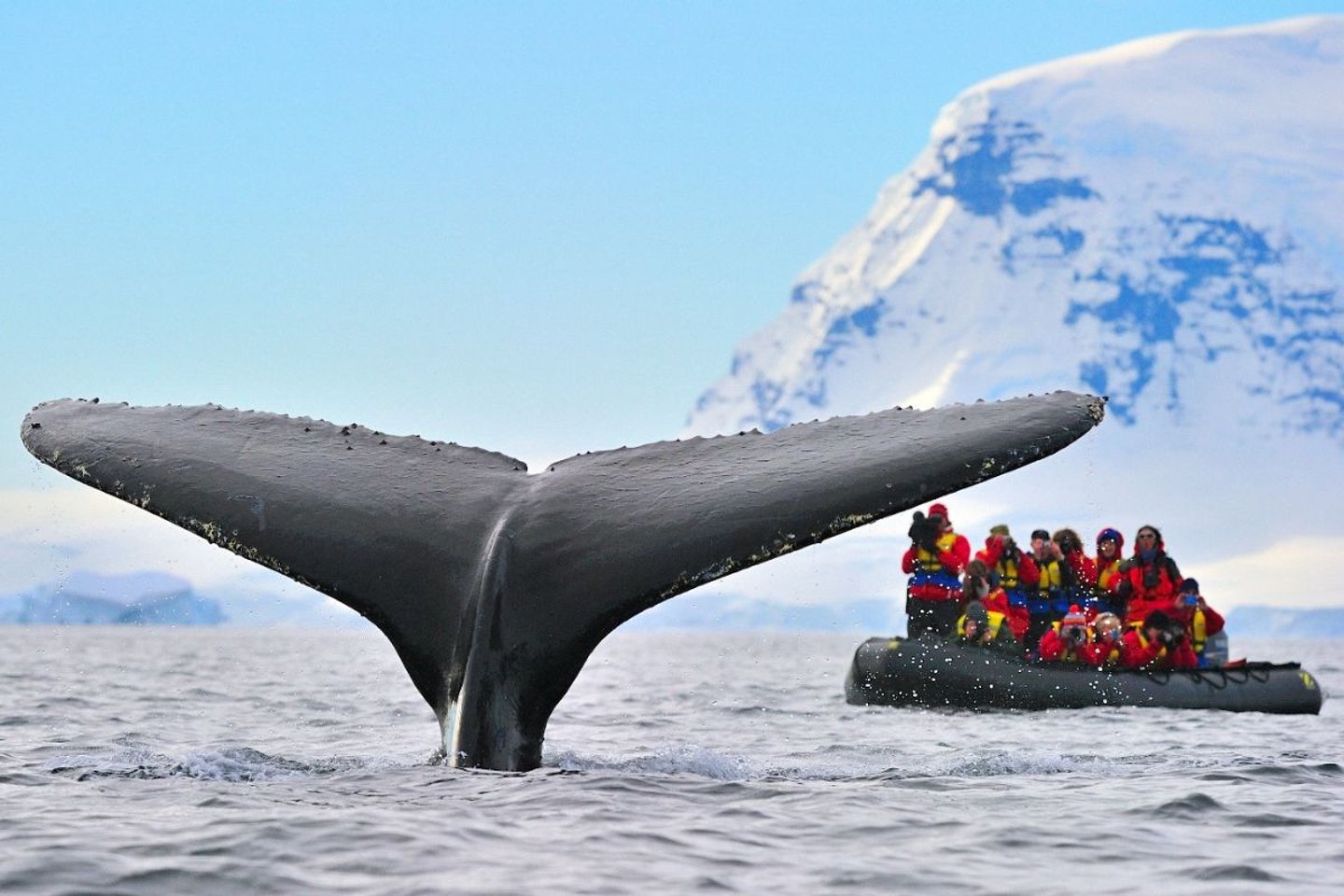
In the remote reaches of Antarctica, where glaciers tower and penguins waddle, travellers can experience the last frontier of untouched wilderness. A trip that will make you aware of the fragility of the polar ecosystems.
With temperatures rising 3°C in the last 50 years, and much of the continent hovering around freezing, the temperature change could mean the difference between ice or no ice, greatly impacting the species that call this icy continent home.
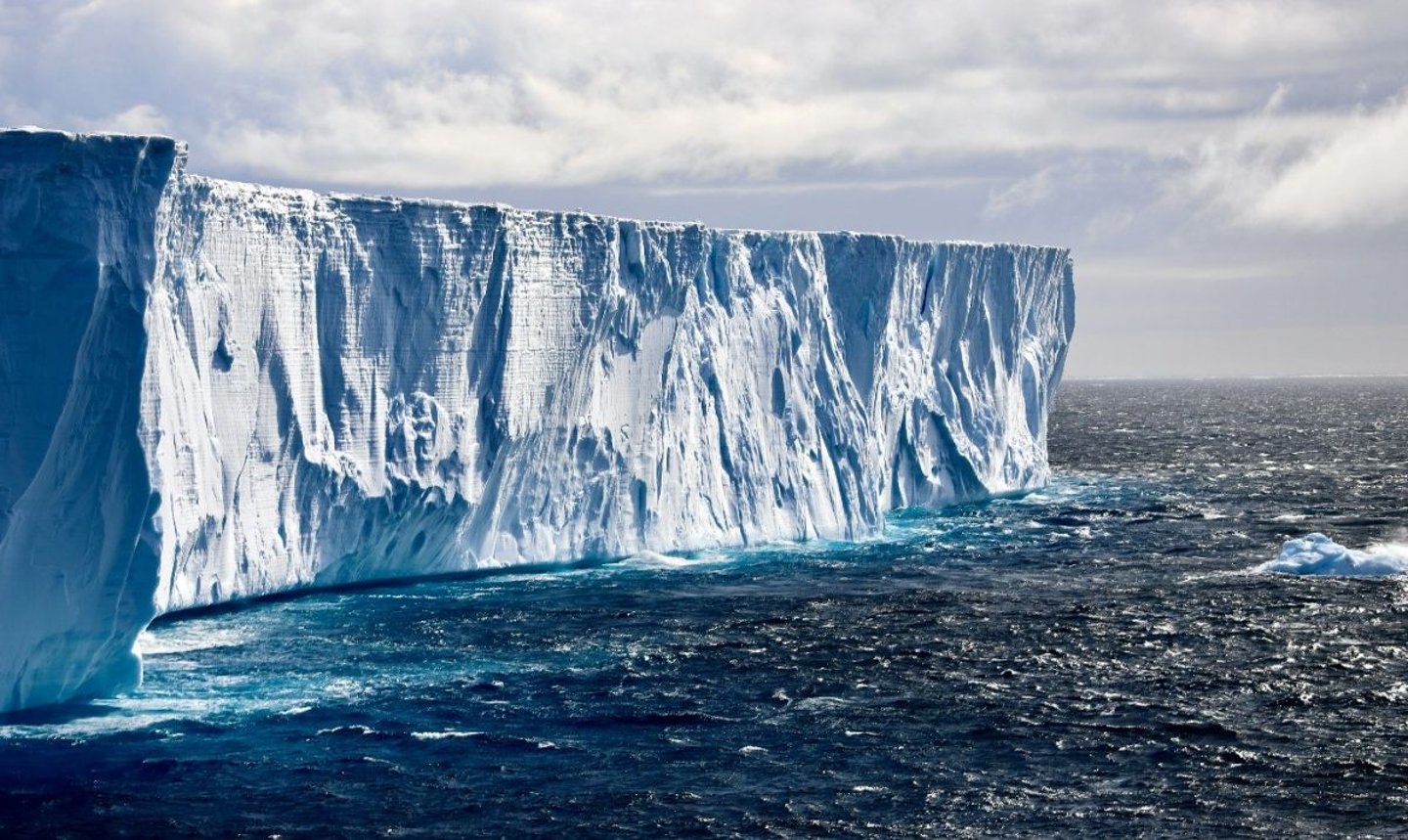
Expedition cruises to this delicate environment prioritize environmental stewardship, with strict guidelines to minimize human impact on fragile ecosystems. Visitors can kayak through pristine fjords, hike among colonies of nesting seabirds, and witness the spectacle of breaching whales in the Southern Ocean. By supporting sustainable tourism in Antarctica, travellers contribute to ongoing conservation efforts to protect this fragile ecosystem from the impacts of climate change and pollution.
Before embarking on your icy exploration, ensure that your tour operator is registered with IAATO (International Association of Antarctica Tour Operators) and that they send you comprehensive trip notes before your trip begins. Once the trip begins, travellers are informed of strict rules and regulations associated with travelling to Antarctica.
There are many rules to follow during the trip, but travellers venturing to this magnificent ice continent often return with a new appreciation and dedication to protecting and conserving our planet for future generations.

As we celebrate International Mother Earth Day, let us embrace the transformative power of responsible wildlife tourism to forge meaningful connections with the natural world. By choosing ethical encounters over exploitative practices, we can ensure that our travels leave a positive legacy of conservation and respect for the planet we call home. Whether it's spotting jaguars in Costa Rica, snorkelling with sea lions in the Galápagos, or supporting elephant sanctuaries in Thailand, every journey has the potential to make a difference in safeguarding the wonders of wildlife for future generations.




